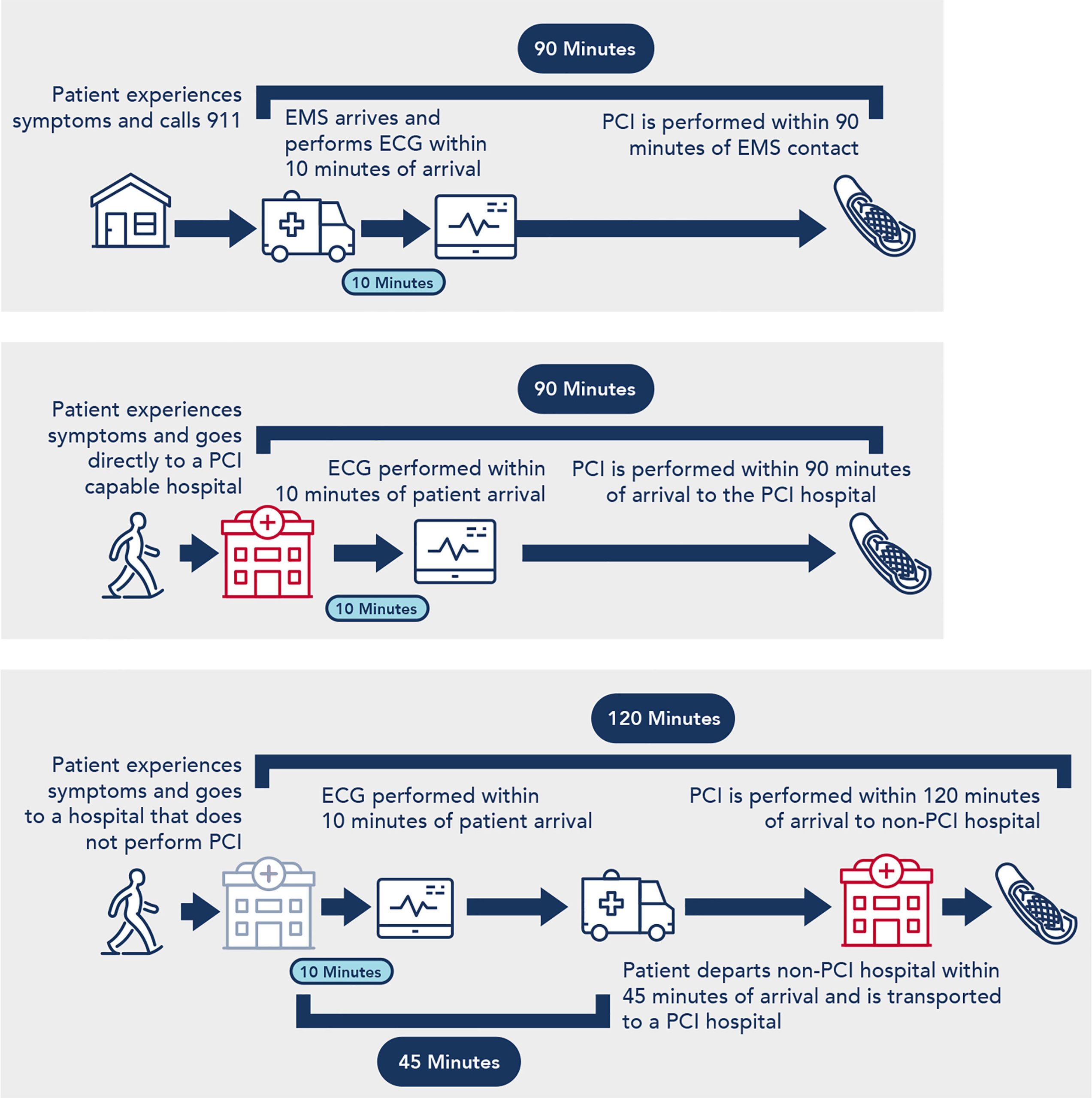
Researchers at Karolinska Institutet have identified a new potential risk marker for cardiovascular disease in women. A new study shows an association between low levels of an anti-inflammatory antibody and the risk of heart attack and coronary heart disease.
The study, “Antibodies against phosphorylcholine in prediction of cardiovascular disease among women: a population-based prospective cohort study,” is published in the Journal of the American College of Cardiology.
Cardiovascular disease is the leading cause of death for both women and men in Sweden. However, research on women’s heart health has historically been neglected.
Women are affected later in life and have more risk factors such as high blood pressure, diabetes, and heart failure. Now a new study shows how low levels of antibodies to the fatty substance phosphorylcholine, called anti-PC, may be a new independent risk marker for cardiovascular disease in older women. Previous studies have shown that this is the case in men.
“We can show that a low level of the natural antibody to phosphorylcholine can be used as a risk marker for cardiovascular disease also in women, independent of previously known risk factors.
“We have previously shown that the antibody has an anti-inflammatory effect, which means that it protects against atherosclerosis, which is a chronic inflammation of the vessel wall,” says Johan Frostegård, Professor of Medicine at the Institute of Environmental Medicine and Head of the Immunology and Chronic Disease Unit.
The study was conducted using the Swedish Mammography Cohort (SMC) and followed 932 women with an average age of 66 years over 16 years. Of these, 113 women developed cardiovascular disease. The results show that women with a high level of the anti-PC antibody had a 25% lower risk of coronary heart disease and heart attack. However, the study cannot show which level is protective.
“We now need to go further to determine what level of anti-PC can be used as a risk level in a similar way to the levels found for high blood pressure, for example. We are now working on an even larger study that includes both men and women where we hope to establish such a level,” says Frostegård.
The researchers hope that the study can contribute to the development of a vaccine against atherosclerosis that can raise the level of anti-PC in those who show riskily low levels.
More information:
Antibodies against phosphorylcholine in prediction of cardiovascular disease among women: a population-based prospective cohort study, Journal of the American College of Cardiology (2024).
Citation:
New cardiovascular disease risk marker discovered in older women (2024, October 2)
retrieved 6 October 2024
from https://medicalxpress.com/news/2024-10-cardiovascular-disease-marker-older-women.html
This document is subject to copyright. Apart from any fair dealing for the purpose of private study or research, no
part may be reproduced without the written permission. The content is provided for information purposes only.



